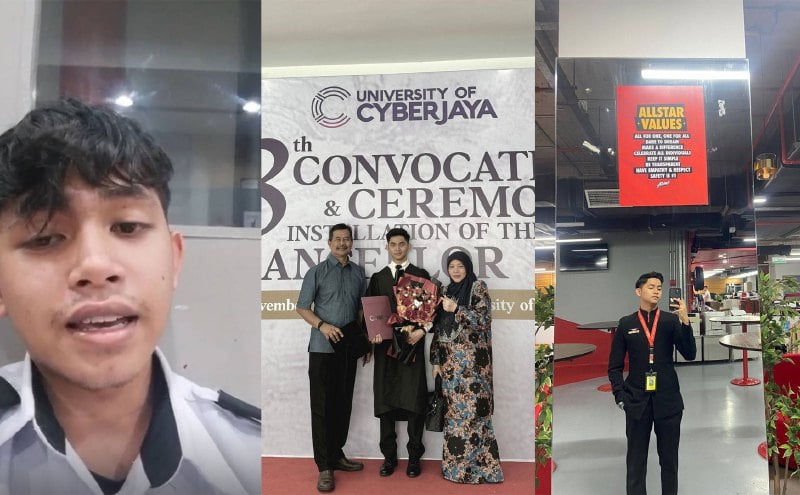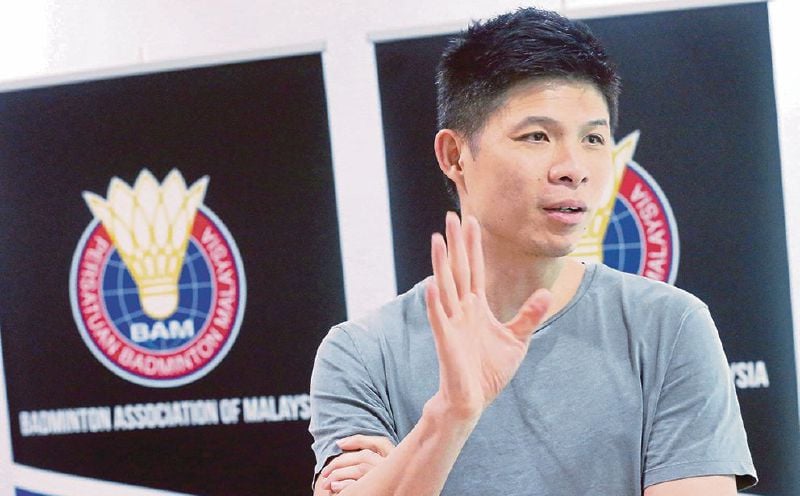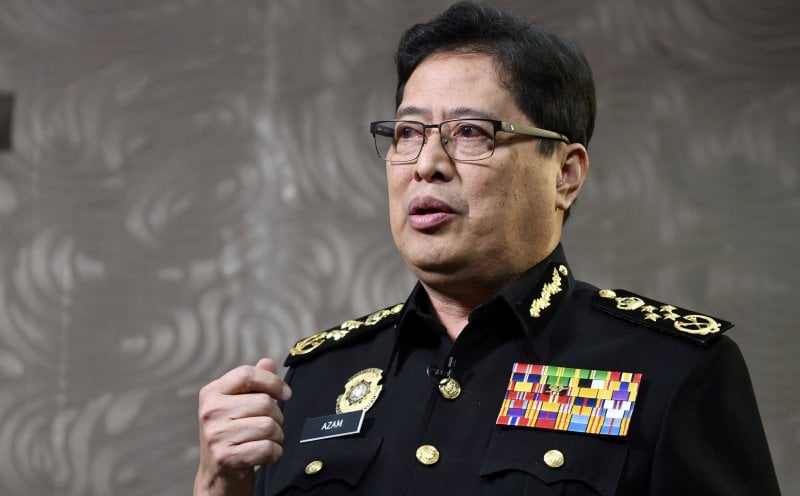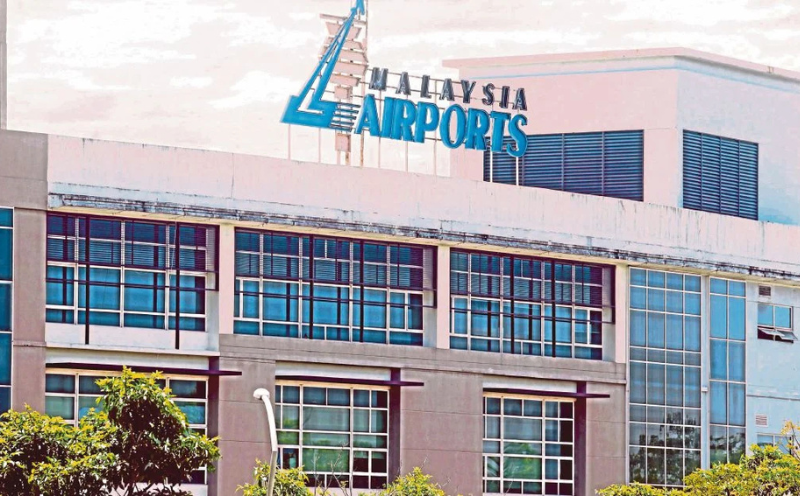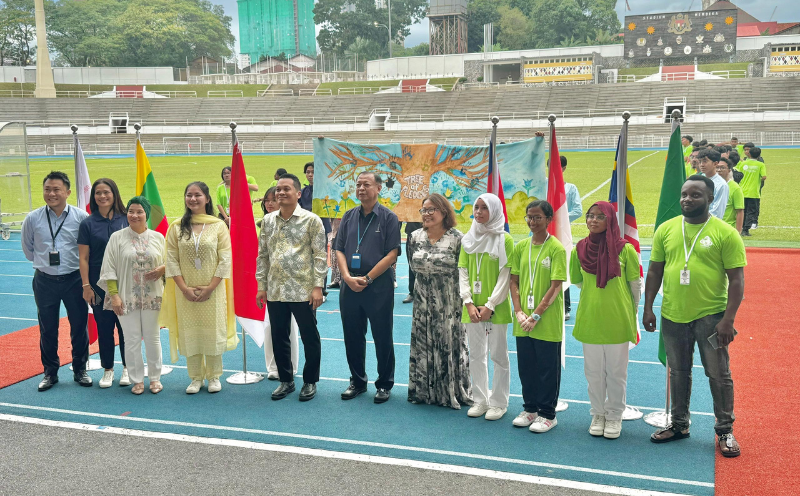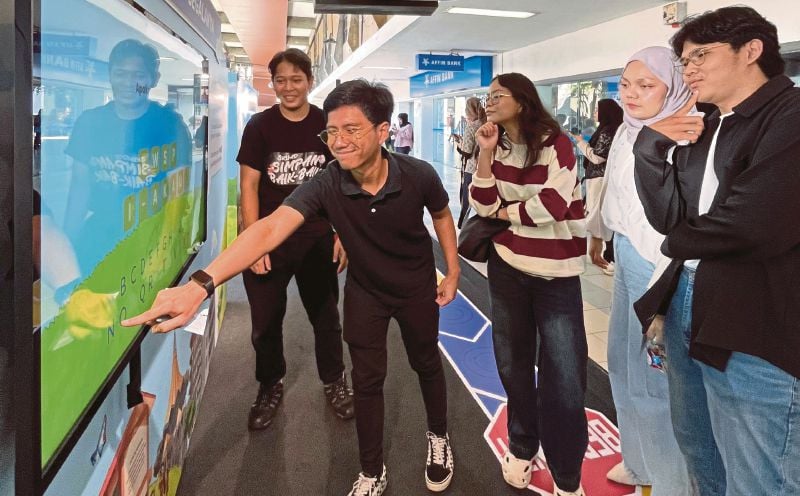CHALLENGES for education policymakers are many, varied, complex, with multiple options and without absolute finality. As the initiatives of the Malaysia Education Blueprint 2013-2025 are being implemented, many ideas for policy formulation and review are being presented by various parties, some frivolous, some serious and relevant.
The criteria for the evaluation of credibility and trustworthiness include whether policy ideas are for the common or sectional good; short-term or long-term; myopic or inspirational; founded on experience or sans experience; and, constructive or otherwise.
As a society matures, the democratic ideals in all sectors of living expand and are increasingly defined by the people, not just by the state. The democratisation of education is not just about greater access to education for all; it is also about parents’, children’s and citizens’ rights and choices regarding the system of education they want.
Tan Sri Muhammad Rais Abdul Karim is a proponent of a second medium of instruction and argues that the policy strategy will ensure:
EQUITY and educational opportunities for all, irrespective of socioeconomic status; and,
MASTERY of the English language in a conducive language-immersion environment, and not limited to a single subject.
English is a global language; even non-anglophone nations like Germany, France and Russia orient their education system towards the use of English, while honouring their languages.
Also, our education system had, in the past, used English as a medium of instruction. Contrary to some viewpoints, English, together with the Malay language, is a language of national unity.
Rais embeds his philosophical and practical policy stance in a continuity of the thoughts of Aminuddin Baki, the pioneer architect of the education system with a passion to foster ethnic integration, and break down the wall of segregation and artificial barrier of communalism.
Aminuddin believed that “it is better that the children kick each other’s shins and box each other’s noses in the corridors and playground of a primary (or secondary) school than to grow up in isolation, knowing little of each other and, so, tending, naturally enough, to distrust each other”.
As a civil servant, Rais is loyal to the government. As an intellectual, he is duty-bound to dissent truthfully and, as a citizen, he has a right to his voice being heard and considered, and rights and opinions acknowledged. He boldly proposes one alternative for the democratisation of the medium of instruction by reintroducing an English-medium stream.
Even when there is an English stream as the second medium of instruction, Malay Language and Literature, Islamic and Moral Education, History and Physical Education can continue to be taught in Malay, and the mastery of Malay will continue to be native for those who choose this stream. As in other cases, the wisdom and boldness to allow and promote the option of a second-medium stream depends on “political will”.
Rais asserts: “Do not regard my suggestion as going against the mainstream. In this globally competitive world, parents must be open-minded and mature, and not regard education and language with a race… I believe that a system with two main mediums will expand the perspectives, thinking and worldviews of teachers, so that teachers will be more open and confident to face a world without borders.”
He is one of the most successful of civil servants and Malay intellectual leaders, who is simultaneously elitist and on the field with the people.
He was director of the National Institute of Public Administration (Intan), director-general of the Malaysian Administrative Modernisation and Management Planning Unit (Mampu), vice-chancellor of Universiti Pendidikan Sultan Idris, chairman of the Malaysian Qualifications Agency, deputy director of the Public Service Department, involved in the promotion of the Multimedia Super Corridor (MSC) abroad, MSC adviser on E-Government and leader in a host of national bodies. He has a large network of intellectual colleagues, including family members who are leading educators.
The stance Rais takes has been seriously thought through and, arguably, to be in the interest of the future generation and the nation.
Policy is dynamic, not static. There are always policy obsolescence, abrogation, refinement, elaboration and variation. Often, the lines between policy and strategy are blurred in law, financial allocation and implementation.
Rais reflects: “We do not want historical judgment in 100 years’ time to say policymakers today made educational policies that do not benefit their nation, and have not given the fullest opportunities to their children to master a world language to enable them to expand potentialities and be globally engaged.”




